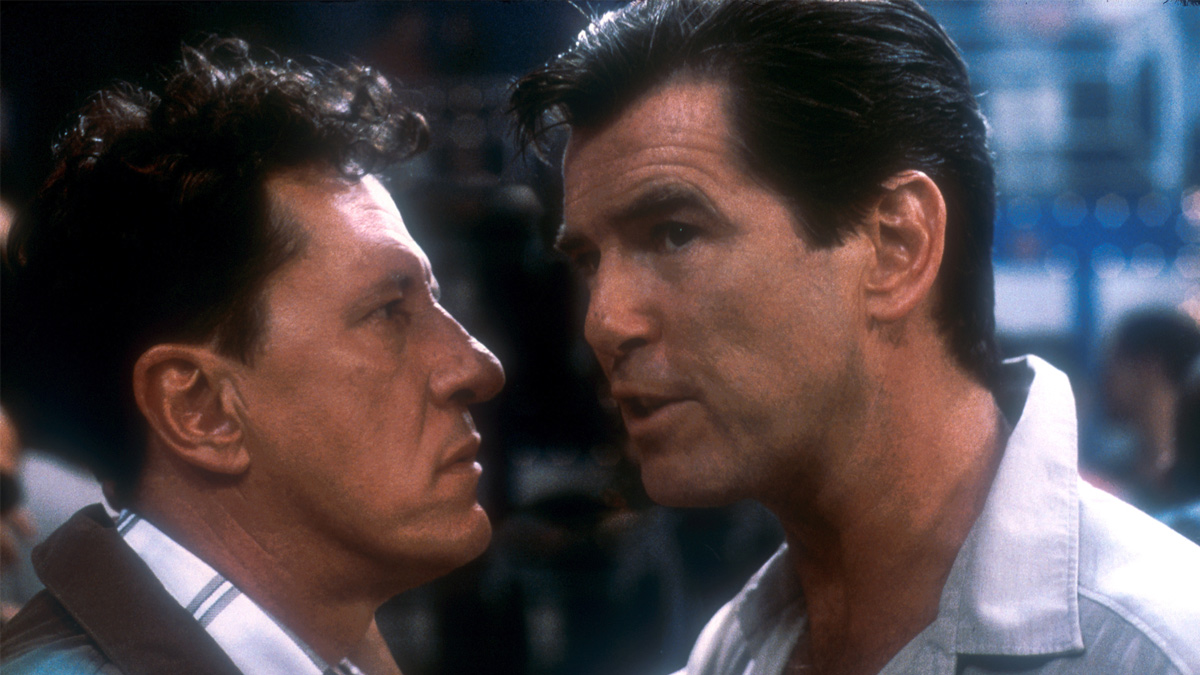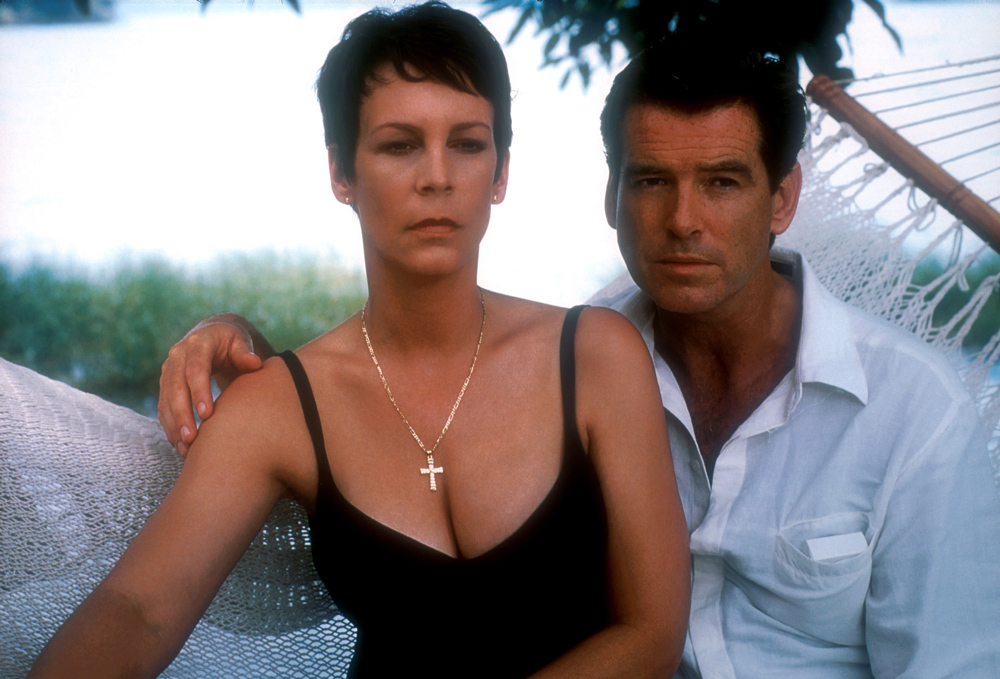
(c) Photofest / Getty Images
"The Tailor of Panama" John le Carré's projection of the "tailor" who vacillates between The Truth and fiction
PAGES
- 1
- 2
2024.01.10
A work that could only have been created at this time
Le Carré's works often focus on "information" and "information networks." In order to determine whether something is The Truth or a lie, it is important to determine the reliability of the person, and conversely, if you are trying to deceive the other person, your lies must be more elaborate and detailed. And no matter where in the world you are operating, building an information network is your lifeline for survival. This tendency is the same in the spy wars during World War II and the Cold War, and it is almost the same in Panama after 1999, even though the times and circumstances seem to be quite different. Le Carré is really good at highlighting these universal aspects as human dramas.
On the other hand, if we look at the year 2001, the 9/11 terrorist attacks occurred less than six months after this film was released, and it was a time when the world situation was completely changed. The trend in spy movies also changed dramatically, with 007-like films giving way to hard-boiled, realist, combative films like " The Bourne Identity " (2002) becoming mainstream. In any case, there was no way for an espionage drama set in South America like "The Tailor of Panama," which wavers between truth and fiction, to survive. I can't help but feel that this film could only have been created in the period just before 9/11.

"The Tailor of Panama" (c)Photofest / Getty Images
The "one more" meaning that Le Carré included
However, looking at this work from a bird's-eye view, another aspect becomes apparent. In the afterword by the translator of the original novel, " The Tailor of Panama ," Le Carré reprints an interview in which he touches on the "guilt" he feels as a novelist.
As a novelist, Le Carré makes a living by skillfully weaving fact and fiction together to create a fictional world for his readers. In that respect, he says that he and the tailor Harry Pendel (the word pendel means "pendulum" in German) are in very similar positions. What is notable about this novel is that he even goes so far as to call it "a very personal work."
If you want to know how important the element of "The Truth and fiction" is to Le Carré, you might want to read his memoir, " The Pigeons of the Underground ," published in 2017. In it, he devotes a considerable number of pages to his father, who was also the subject of his novel " The Perfect Spy ." His father, Ronnie, was a man who deceived those around him with skill and dignity, had a history of arrest and imprisonment, and had a profound influence on Le Carré and his family's lives ever since he was a child. Le Carré had the following to say about his unforgettable biological father, for whom he probably had mixed feelings of love and hate:
"Ronnie the Con Man created a story out of thin air, described characters that didn't exist, and vividly demonstrated Being There that didn't exist... If all this isn't the essence of a writer, then what is?"
In other words, he is probably saying that having worked for an intelligence agency and now living as a writer, he has naturally inherited the blood and work of his father, Ronnie.
The Truth and fiction was a complex and profound theme that constantly haunted every moment of Le Carré's life, who passed away in 2020. And The Tailor of Panama can be seen as a work that explores himself deeply by projecting the feelings he had in the 1990s onto Panama, a small country that is also the heart of maritime shipping.
References/Citations
"The Tailor of Panama" by John le Carré, translated by Toshiki Taguchi, Shueisha, 1999
"The Life of John le Carré" by Adam Syzman, translated by Takuro Kagayama and Kazuhiro Suzuki, Hayakawa Publishing, 2018
"The Underground Pigeon" by John le Carré, translated by Takuro Kagayama, Hayakawa Publishing, 2017
・"The Tailor of Panama" Blu-ray (Sony Pictures Entertainment) audio commentary, interview footage
Text: USHIZU ATSUNOBU
Born in Nagasaki in 1977. When he was 3 years old, he saw ``Superman II'' with his father and became fascinated with movies. After The Graduate from Meiji University, he worked for a movie broadcasting channel and then became a movie writer. Currently, in addition to writing for Eiga.com, EYESCREAM, Real Sound Movie Club, etc., he also contributes to media press and theater programs.
(c) Photofest / Getty Images
PAGES
- 1
- 2

